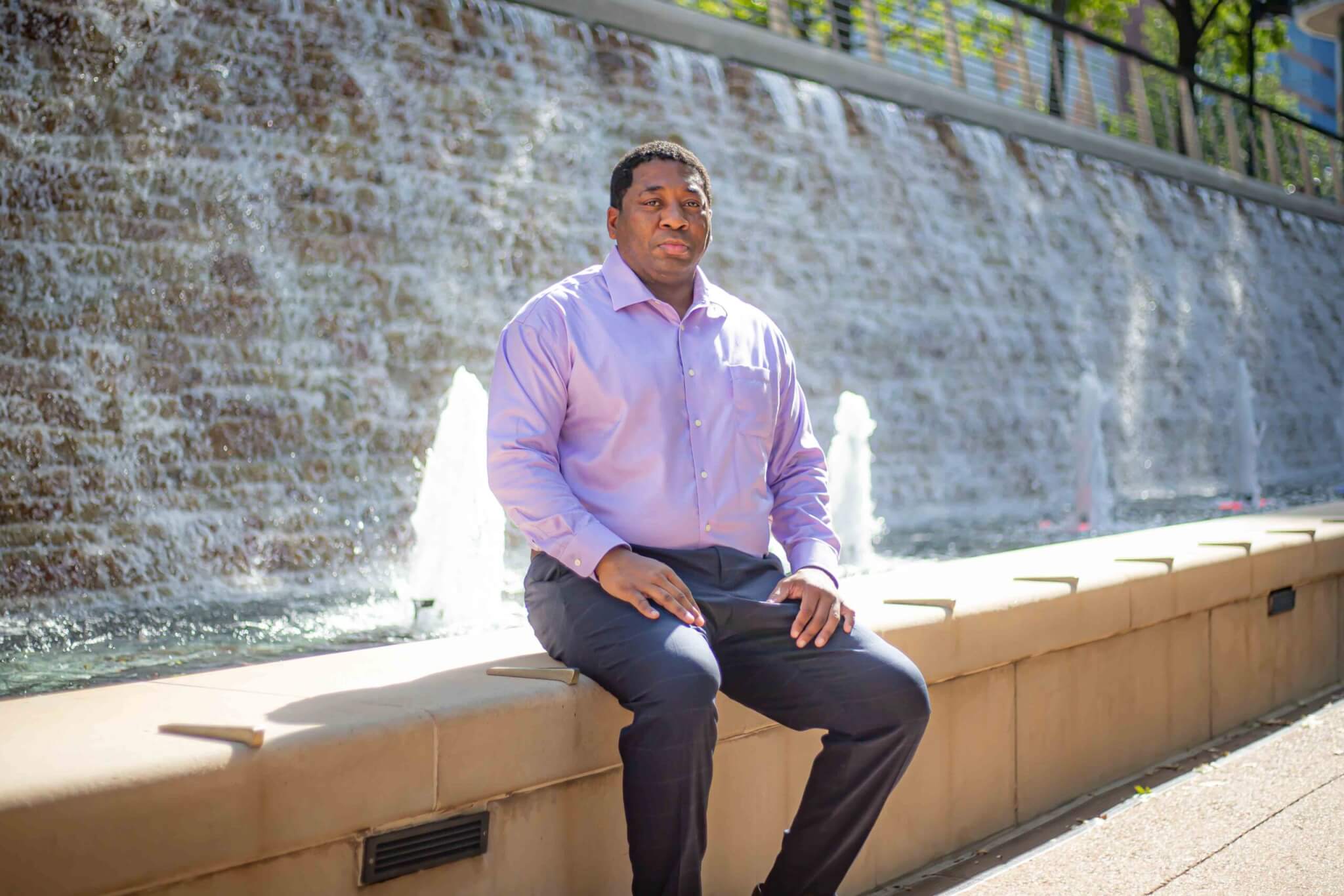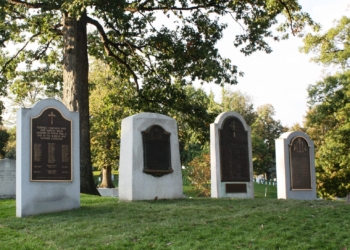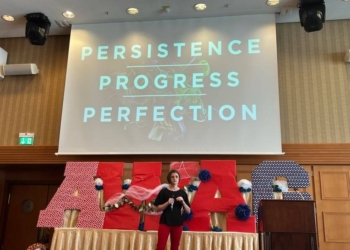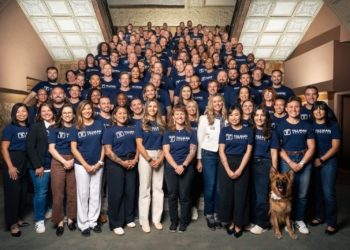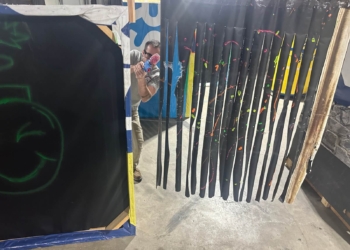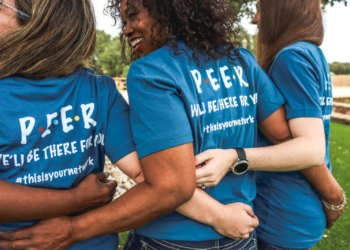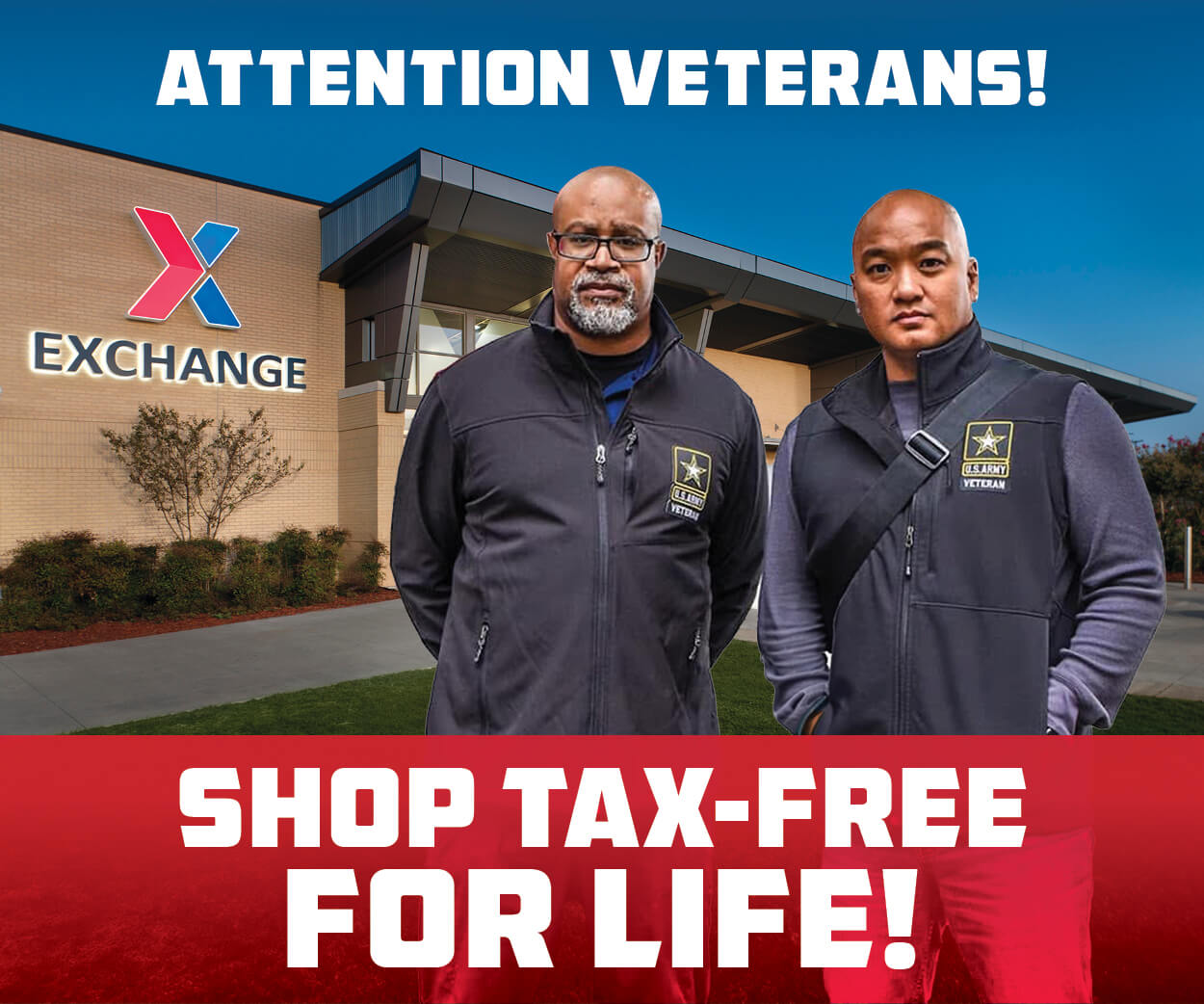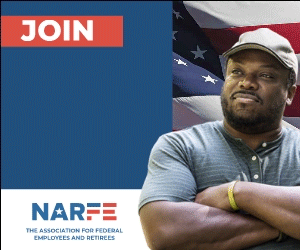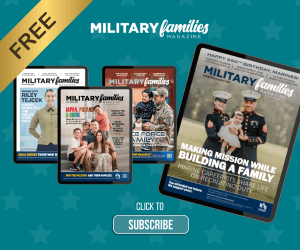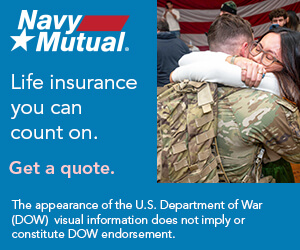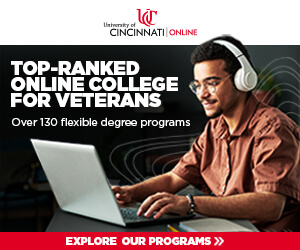Last year, nearly one in five working-aged adults were in the process of starting or running a business less than 3 ½ years old. That reflected an upward trend that began in 2015, according to the most recent Global Entrepreneurship Monitor by Babson College. Military Families Magazine spoke with military-affiliated entrepreneurs from different industries to learn what has helped them navigate small business ownership.
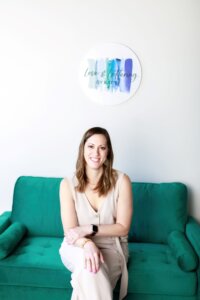
Katie Prill, military spouse
An Air Force wife, Katie Prill started her business, Love & Lettering by Katie, when she decided to put her nursing career on pause and focus on homeschooling her kids during the COVID-19 pandemic. Her business features products such as stickers, prints, bookmarks, T-shirts and holiday ornaments.
Prill sells her products on Spouse-ly, an online marketplace for military, veterans, first-responders and their families. That community helped grow her business tremendously thanks to an active Facebook group, virtual coworking sessions and videos that help with behind-the-scenes things like product listing, photography, marketing and SEO (search engine optimization), she said.
Prill said she received a career-enhancement scholarship from the military spouse club at her family’s base.
“These scholarships are often overlooked because most think they are only for those going to college, but they often have special ones just for business owners,” she said.
To help get her business off the ground, Prill received a microgrant from Points for Patriots’ SpouseConnect, whose monthly group meetings helped her stay the course in growing her business and resulted in “amazing connections,” she said.
One of the most important lessons Prill learned was to not treat her business like a hobby, she said. For example, separating business and personal finances, hiring a bookkeeper (“one of the best decisions I could have made,” she said) and investing in professional branding photography for headshots and product images, she explained.
She also learned to post about topics other than her own business on social media, such as general content about small businesses, motivation and military humor.
“I don’t want someone to unfollow or hide my content because all I ever do is try to sell to them,” she said.
Saying “no” was the most important lesson she learned, Prill adds.
“It’s OK to turn down orders that don’t align with your vision and values. It’s OK to say ‘no’ to someone who missed a deadline to order,” she said. “When I say ‘yes’ to everyone else, I’m often saying ‘no’ to my family, and that doesn’t feel right.”

Malaysia Harrell, veteran
A licensed psychotherapist and Air Force veteran who commissioned into the United States Public Health Service, Malaysia Harrell started Blissful Life Consulting in 2017. Her company offers holistic wellness solutions to individuals, groups and corporations with services such as coaching, psychotherapy, alternative medicine modalities, corporate wellness programs and healing retreats.
Her career path taught her leadership skills that have been instrumental in running her business, Harrell said.
“The military instilled in me a sense of adaptability and resilience, qualities that proved crucial when navigating the challenges of entrepreneurship, especially in fields like disaster response and holistic wellness.”
Harrell said she’s learned several crucial lessons during her entrepreneurial journey. First, realizing the importance of building a strong support network, she said.
“Unlike the structured support inherent in military life, transitioning to civilian entrepreneurship requires proactive efforts to seek out mentors, advisors, and peers who understand the unique challenges of business ownership,” Harrell explained.
She recommends embracing adaptability and resilience by pivoting strategies and seeking innovation in response to evolving market demands. Harrell also learned to prioritize collaboration and breaking down silos within her company in order to create a culture where team members feel empowered to share ideas and support one another, she said.
“This collaborative approach has not only enhanced our service delivery but also fostered a more inclusive and supportive workplace environment,” she said.
Would-be entrepreneurs should leverage military-affiliated resources to build a solid foundation for entrepreneurial success and personal growth, Harrell said.
Her transition into entrepreneurship was significantly shaped by her experience with the virtual Veterans in Residence program offered by Bunker Labs, a nonprofit that supports veteran and military spouse entrepreneurs, she said.
Her experience in the program introduced her to Syracuse University’s D’Aniello Institute for Veterans and Military Families and its Veteran Women Igniting the Spirit of Entrepreneurship training program, which empowers veterans and military spouses “to find their passion and learn the business savvy skills necessary to turn an idea or start-up into a growing venture,” according to its website.
RELATED: Going viral: Tips for growing a social media audience
That, in turn, connected Harrell to individuals who offered support and friendship, as well as meeting mentors who provided essential counsel, she said.
Through the D’Aniello Institute, Harrell said, she also received services from the Second Service Foundation, which supports military entrepreneurs through coaching, mentorship, resources and capital.
(Note: Bunker Labs was acquired by the D’Aniello Institute in January).
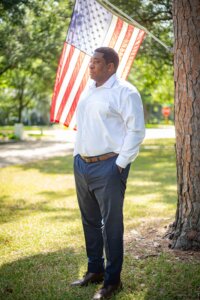
Kenneth Gay, reservist
Kenneth Gay, an Army reservist and a public educator who served as high school principal and executive director of administration, also started his consulting company, Kenneth Gay Education, during the COVID-19 pandemic. The company provides training and coaching for parents and educators in areas such as communication, social-emotional learning and classroom management.
Two nonprofits with a focus on military entrepreneurs helped him formulate a business model, create a pitch and connect with business networks, he said. One was Bunker Labs, also praised by Harrell; the second was The Rosie Network, a nonprofit that provides mentorships and programs, such as Service2CEO, geared to military-connected entrepreneurs.
Gay said he learned several lessons at the beginning of his entrepreneurial journey.
The first was “learning” his own story and impetus for starting his company, and zeroing in on why people would want to pay for his services.
“Just because you have an idea that you think is great doesn’t mean that consumers will feel the same. Or even if they believe your services are excellent, would they be willing to pay for it?”
He also sought mentors whose businesses were established and profitable, including in different career fields, since the military had instilled in him the value of cross-training with various military branches, he said.
“One mentor told me that if you’re not profiting from your business, you have an expensive hobby. Those words I never forgot because, often, the most challenging sale or opportunity for profit that you will have will be your very first opportunity.”
Entrepreneurship is not for the faint of heart, because profits can vary drastically each month, but the military taught him to be resilient, Gay said. It’s imperative to refuse to give up, especially when it feels like all hope might be gone, he said.
“That’s usually when your breakthrough is right around the corner,” he said. “Success will eventually find you. You will realize nothing can stop you if you believe and put in the work.“
Would-be entrepreneurs also can get great support from organizations such as the Small Business Association, the Veteran Business Outreach Center and the Veterans Chamber of Commerce, Gay said.
Read comments

